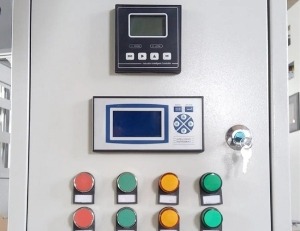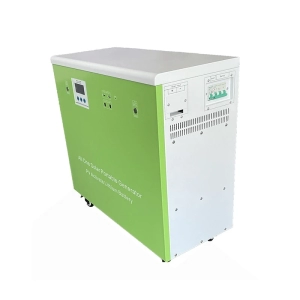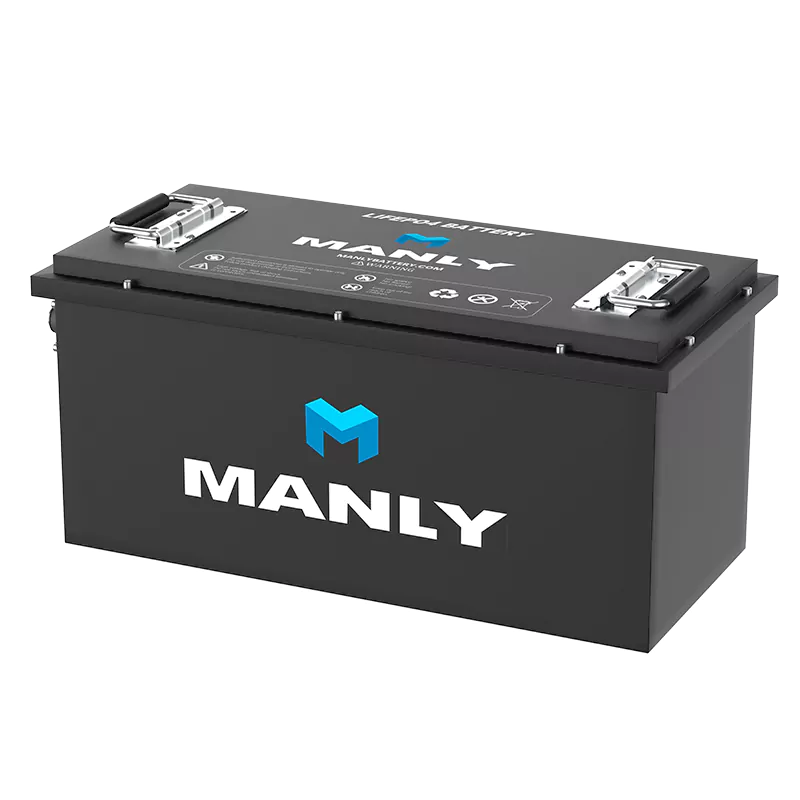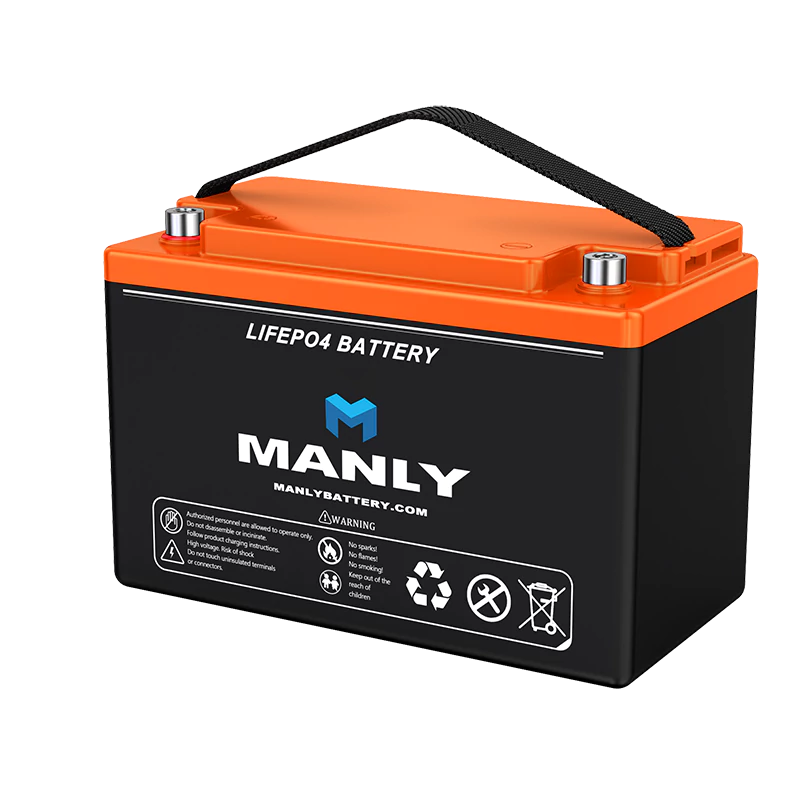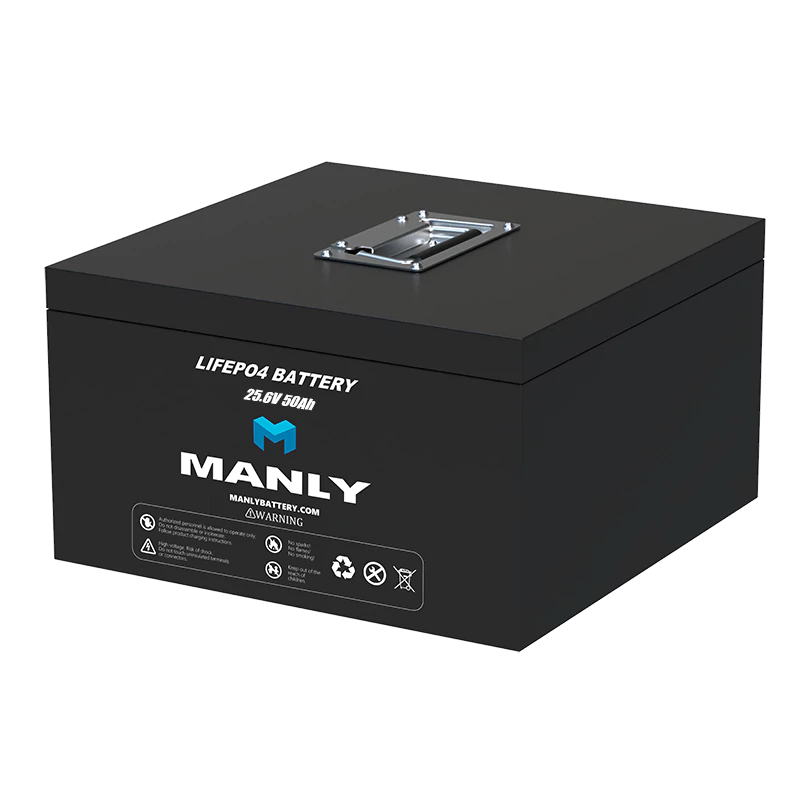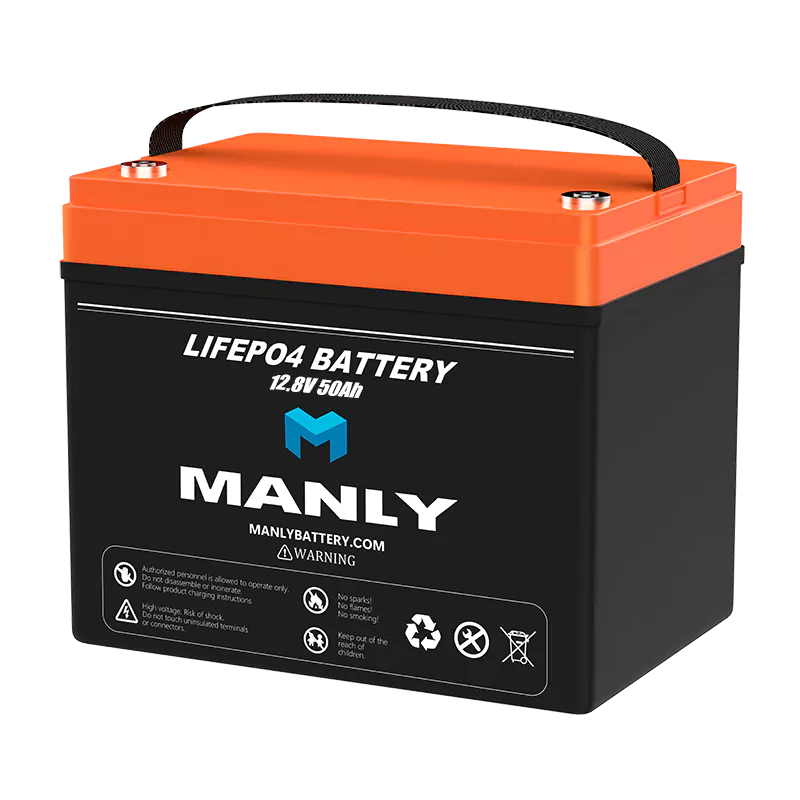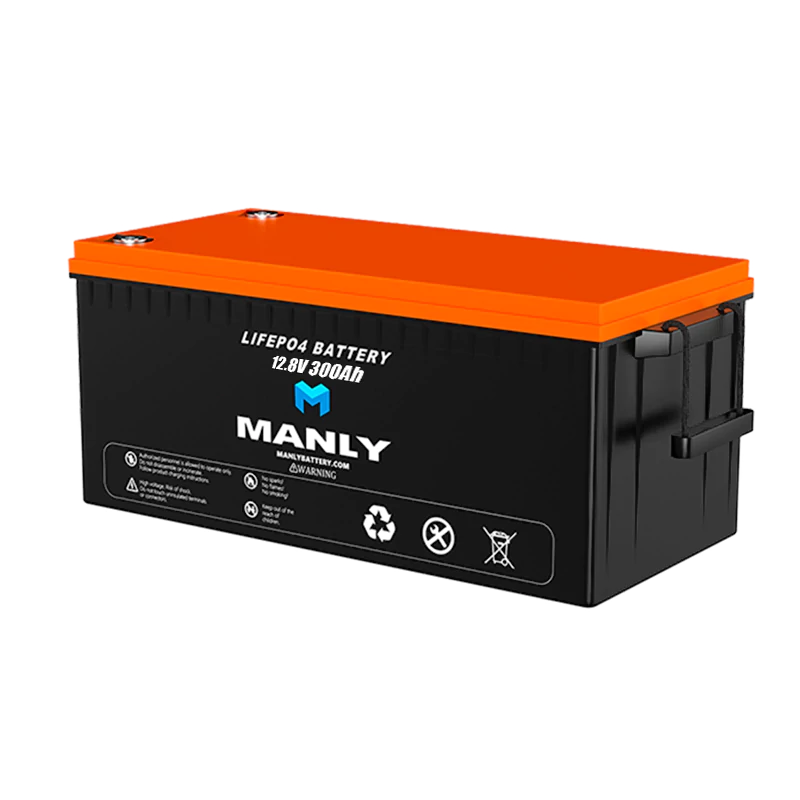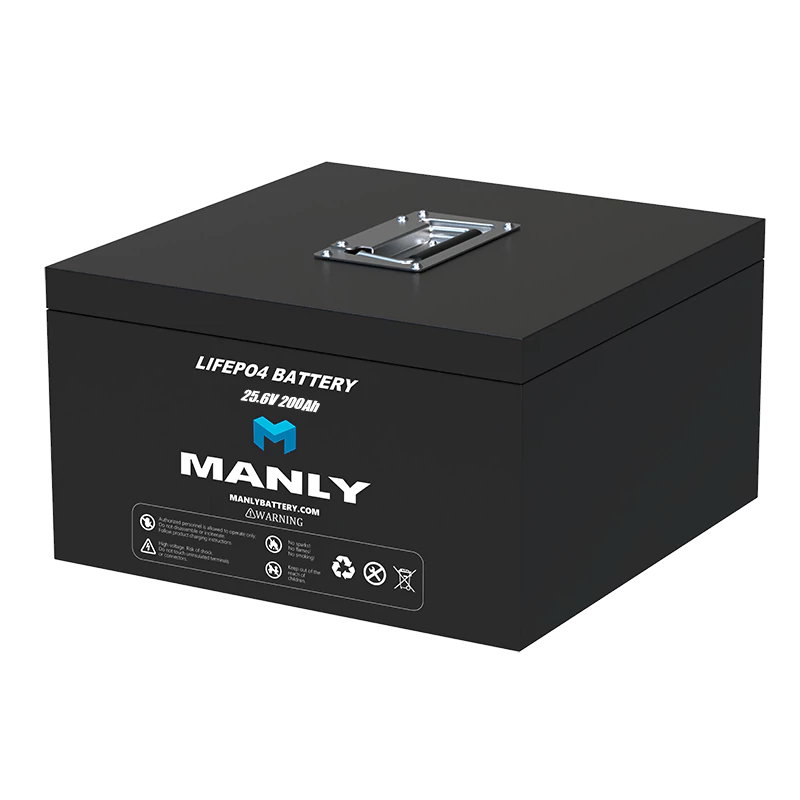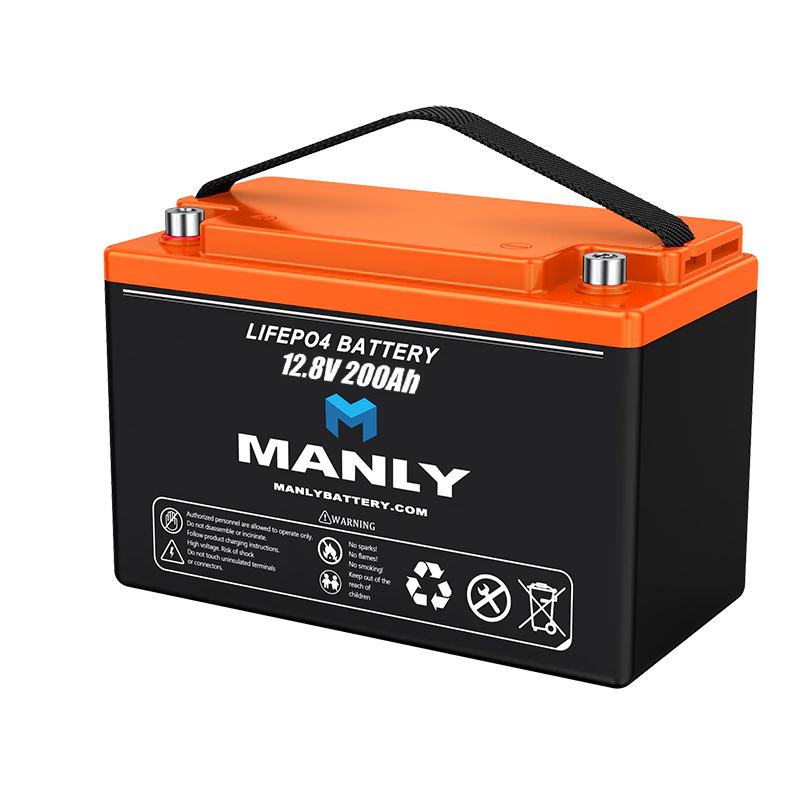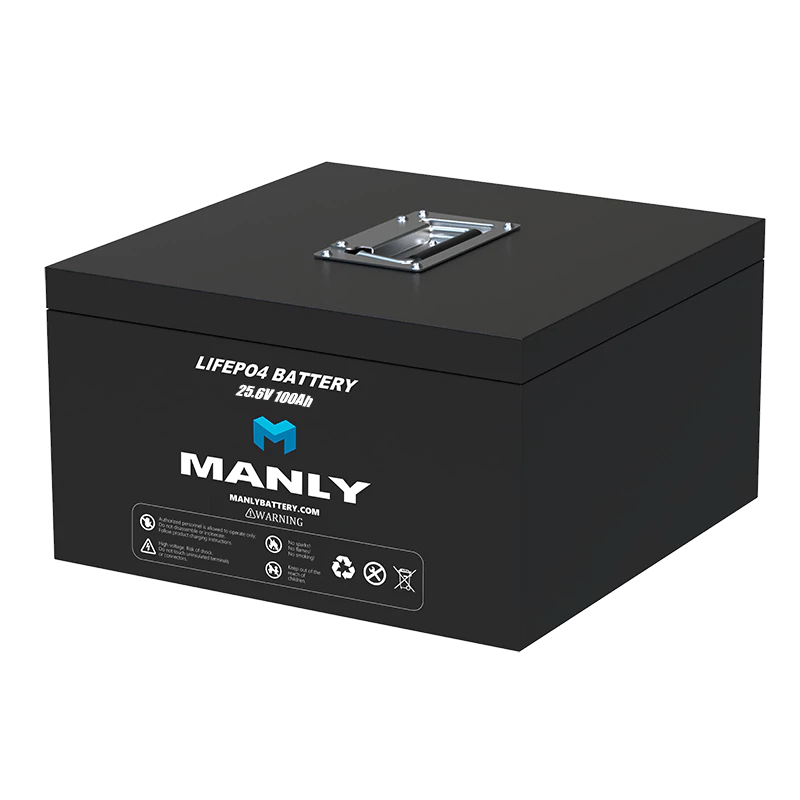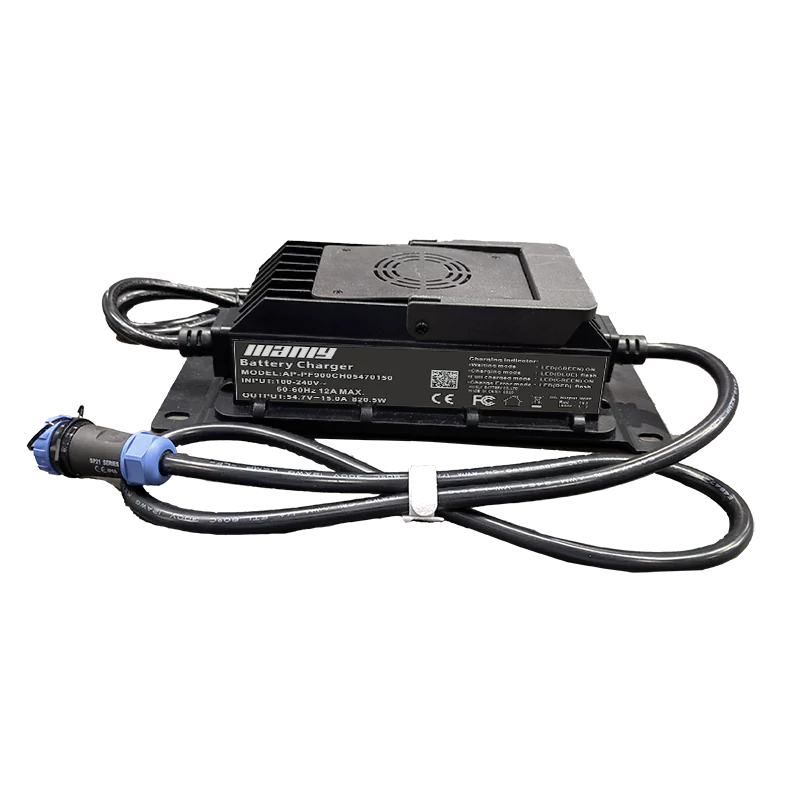According to reports, New Zealand energy developer Meridian Energy recently announced plans to install New Zealand's first grid-scale battery energy storage system near a refinery in northern Auckland. As part of the hybrid deployment of renewable energy projects, it aims to stabilize grid operations and strengthen the electrical connection between New Zealand’s north and south islands.The company said it plans to deploy a battery energy storage system with an installed capacity of more than 100MW in a grid-scale solar farm. The company has purchased 105 square meters of land near the Marsden Point refinery to build the Ruakaka Energy Park.Neil Barclay, CEO of Meridian Energy, said that the Marsden Point battery energy storage system is expected to be put into operation in mid-2023. In late August this year, the company's 34,000 customers experienced power outages on the coldest night of the year.Rebecca Knott, head of renewable energy development at Meridian Energy, said in a statement last week, “New Zealand is moving to a fully renewable power system, which means that electricity will be provided by intermittent renewable energy sources such as wind and solar. In the case of insufficient wind or during peak power demand, we need energy that can be quickly dispatched. Battery energy storage systems can meet this challenge by providing power in a short period of time."The battery energy storage system will be deployed in the southern part of New Zealand's North Island, aiming to reduce the possibility of future power network interruption and to allow New Zealand's South Island to provide more power to the North Island.Meridian Energy expects that the company will deploy four to five battery energy storage systems by 2030.Knott said, “The Marsden Point battery energy storage system is the first of a number of battery energy storage projects we plan to deploy. North Island. We are currently discussing our site issues with local community stakeholders and conducting ecological and geotechnical site assessments."Knott said that after the battery energy storage system is up and running, a solar farm will be built to provide enough electricity for 15,000 households.
Contact Us
For bulk purchases, special surprise pricing will be available. For larger quantities, contact us at [email protected] or fill out the form below.



